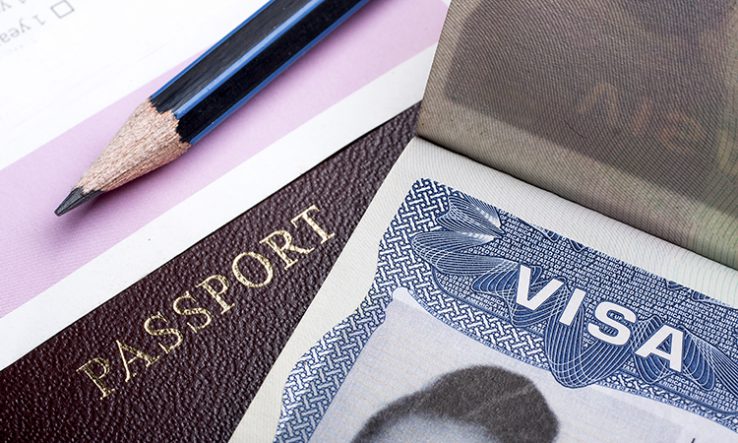
“Embarrassing” dearth of applicants to part of flagship UK scheme aimed at prestigious prize-winners
A fast-track visa route for prize-winning researchers has attracted just three applicants since it launched two years ago, Research Professional News has learned.
Launched in May 2021, the scheme aimed to bring the “brightest and the best” to the UK by making it easier for award-winners in the sciences, humanities, engineering, the arts and digital technology to apply through the government’s post-Brexit Global Talent scheme, of which it is a part.
Eligible applicants include winners of the Nobel Prize in physics, chemistry, economic science and medicine, the Queen Elizabeth Prize for Engineering, the Fields Medal and the Turing Award. The scheme is also open to award-winners working in music, film, TV, theatre, arts and literature.
Home Office revelation
Announcing the scheme in 2021, former home secretary Priti Patel said: “Winners of these awards have reached the pinnacle of their career and they have so much to offer the UK. These important changes will give them the freedom to come and work in our world-leading arts, sciences, music, and film industries as we build back better.
“This is exactly what our new points-based immigration system was designed for—attracting the best and brightest based on the skills and talent they have, not where they’ve come from.”
But in response to a freedom of information request from Research Professional News, the Home Office has admitted that only three people have applied to the scheme, all of whom were successful. A total of two applicants were granted the visa in 2022, with just one approved in 2023.
The Home Office did not reveal where the applicants had applied from or the prize they held.
‘Embarrassing’
“Just three people applying over two years is embarrassing,” Mike Galsworthy, director of the campaign group Scientists for EU, told RPN.
“The problem here,” he added, “is that this government profoundly misunderstand what it takes to attract global academic talent to the UK. It is not simply a case of saying ‘let the doors be open to the brightest and the best’. Rather, it is much more about creating an environment that genuinely makes global talent wish to come to your country—political dimensions included.”
A Home Office spokesperson told RPN: “Due to the exclusivity of the prizes which qualify under the ‘prestigious prize’ pathway of the Global Talent route, we do not expect a high volume of applications in comparison with other immigration routes.”
RPN understands that a total of 6,067 applicants applied through the wider Global Talent route in the 12 months prior to March 2023, up from 3,688 in the preceding 12-month period.
Immigration health surcharge increase
Immigration continues to be a source of increasing concern for the UK science community since the decision to leave the EU in 2016.
Last month, prime minister Rishi Sunak announced that the immigration health surcharge for adults would increase from £624 to £1,035, while the discounted rate for students, their dependants, those on youth mobility schemes and under-18s would increase from £470 to £776.
The move sparked a backlash from higher education leaders, who complained that it would put the UK’s attractiveness to global talent at risk.
A version of this article appeared in Research Fortnight and in Research Europe